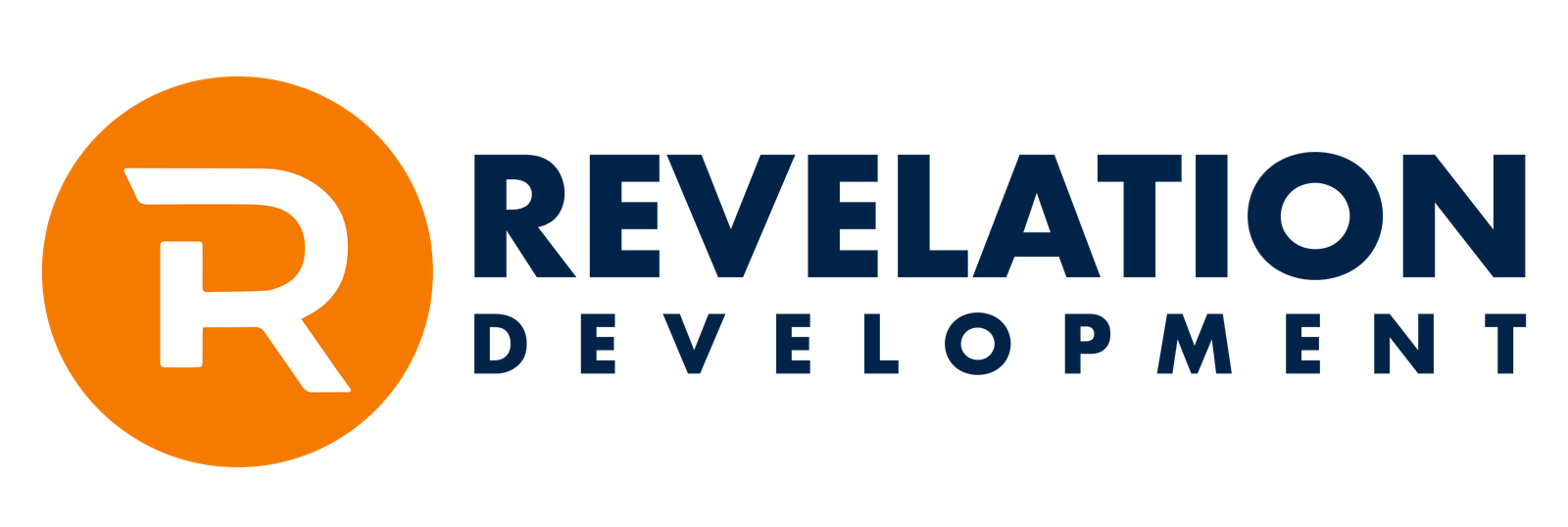Bio-identical hormones commonly tested include:
- Estrogens: Including estradiol, estrone, and estriol. These hormones play crucial roles in the regulation of the female reproductive system, bone health, cardiovascular function, and other physiological processes.
- Progesterone: Progesterone is a hormone involved in menstrual cycle regulation, pregnancy maintenance, and other reproductive functions. It works in conjunction with estrogen to maintain hormonal balance.
- Testosterone: Testosterone is the primary male sex hormone, but it is also present in females at lower levels. It plays a role in libido, muscle mass, bone density, mood regulation, and overall well-being.
- Thyroid Hormones: Including thyroxine (T4) and triiodothyronine (T3). These hormones are produced by the thyroid gland and are essential for metabolism, energy production, temperature regulation, and other physiological functions.
Healthcare providers may order bio-identical hormone testing to
- Diagnose Hormonal Imbalances: Identify hormonal imbalances that may be contributing to symptoms or health conditions, such as menopause, andropause, thyroid disorders, adrenal dysfunction, or reproductive disorders.
- Monitor Hormone Replacement Therapy (HRT): Assess hormone levels before and during hormone replacement therapy (HRT) to ensure optimal dosing and effectiveness of treatment.
- Guide Treatment Decisions: Use hormone test results to guide treatment decisions, such as adjusting medication dosages, prescribing hormone replacement therapy, or recommending lifestyle interventions.
It’s important to note that while bio-identical hormone testing can provide valuable insights into hormone levels and imbalances, it should be interpreted in conjunction with clinical symptoms, medical history, and other diagnostic tests. Treatment decisions should be individualized based on a comprehensive assessment by a qualified healthcare provider.
